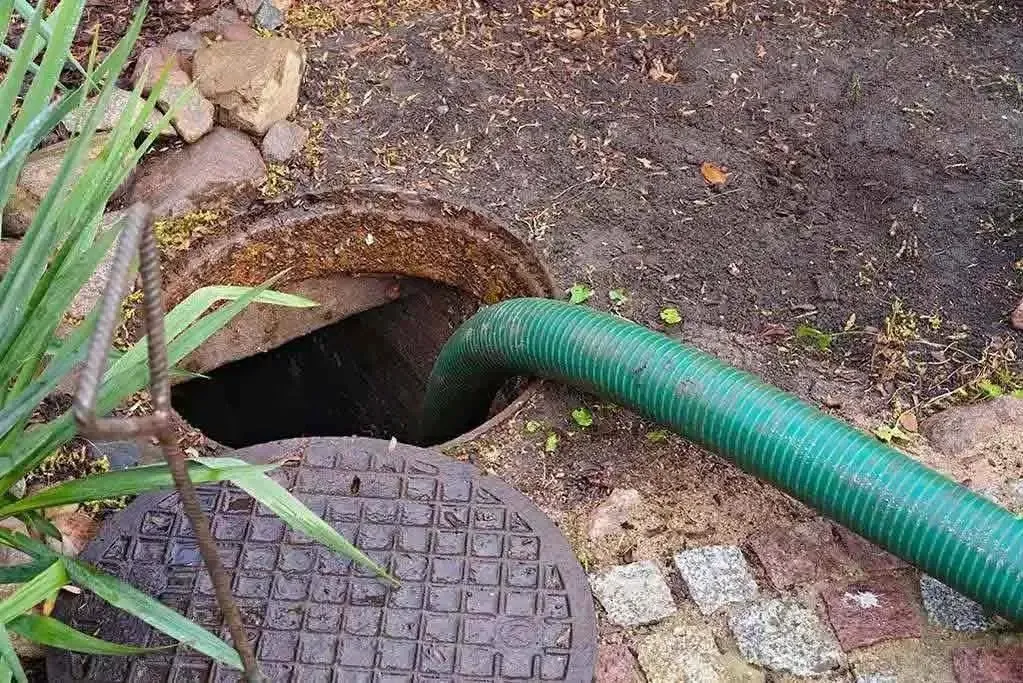Homeowners insurance is a vital aspect of protecting your investment and providing peace of mind. However, many homeowners may not be aware of the relationship between septic tank pumping and home insurance. Maintaining your septic system, including regular pumping, is not only crucial for its proper functioning but can also have implications for your insurance coverage. In this article, we will explore the connection between septic tank pumping and home insurance, offering valuable insights to help you navigate this often-overlooked aspect of homeownership.
Understanding the Role of a Septic System
Before delving into the relationship between septic tank pumping and home insurance, it’s essential to understand the significance of a septic system for your property.
A septic system is a decentralized wastewater treatment system commonly used in rural and suburban areas where centralized sewer systems are not available. It consists of several components, with the septic tank being a central element. Here’s how a septic system works:
- Wastewater Collection: All wastewater from your home, including that from toilets, sinks, showers, and laundry, flows into the septic tank.
- Separation: Inside the septic tank, solids settle at the bottom to form a layer of sludge, while lighter materials like oils and fats rise to the top, creating a layer of scum. The relatively clear effluent remains in the middle and flows into the drain field.
- Biological Treatment: Beneficial bacteria in the septic tank break down the organic matter in the wastewater, converting it into simpler compounds. This biological treatment is essential for effective wastewater purification.
- Effluent Discharge: The treated effluent, which is relatively clear and free of solids, exits the septic tank and flows into the drain field. There, it undergoes further natural purification before re-entering the environment.
The Importance of Routine Septic Tank Pumping
Routine septic tank pumping is a critical aspect of septic system maintenance. The primary purpose of septic tank pumping is to prevent the accumulation of solids and scum in the tank, which can lead to various problems, including system failures and backups.
Here’s why routine septic tank pumping is essential:
- Preventing System Failure: Accumulated sludge and scum can clog the septic tank and impair its ability to treat wastewater effectively. This can lead to system failure and costly repairs.
- Extending System Lifespan: Regular pumping reduces the wear and tear on your septic system, potentially extending its lifespan and saving you money in the long run.
- Protecting the Environment: A well-maintained septic tank ensures that the treated effluent entering the drain field is relatively free of solids and pollutants, safeguarding the environment from contamination.
- Legal Compliance: Many local and state regulations govern septic system maintenance and pumping schedules. Failure to comply with these regulations can result in fines and legal issues. Routine pumping helps you remain in compliance with these regulations.
The Connection Between Septic Tank Pumping and Home Insurance
Now, let’s explore how septic tank pumping relates to your home insurance:
- Coverage for Septic System Damage: Most standard home insurance policies do not cover damage to your septic system caused by wear and tear, aging, or lack of maintenance. This means that if your septic system fails due to neglect, you may not be covered by your insurance for the repairs or replacement costs.
- Neglect and Insurance Claims: If you file a claim related to a septic system issue, insurance companies may investigate the cause of the problem. If it is determined that neglect or lack of routine maintenance, including pumping, contributed to the issue, your claim may be denied.
- Importance of Records: Maintaining records of your septic system’s maintenance, including pumping schedules and service receipts, can be valuable when dealing with insurance claims. These records demonstrate your commitment to responsible homeownership and can help support your claim.
- Additional Coverage: Some insurance companies offer optional endorsements or riders that provide coverage for septic system damage. These endorsements may cover repair or replacement costs in the event of a septic system failure, even if it is due to lack of maintenance. However, they often come with additional premiums and specific terms and conditions.
Tips for Homeowners
To ensure that your septic system is adequately covered and to avoid potential claim denials related to septic issues, consider the following tips:
- Regular Maintenance: Stay on top of routine septic system maintenance, including septic tank pumping. Follow recommended pumping schedules based on the size of your tank, household usage, and local regulations.
- Document Maintenance: Keep detailed records of all septic system maintenance, including pumping dates and service receipts. These records can be invaluable when dealing with insurance claims.
- Review Your Policy: Periodically review your homeowners insurance policy to understand its coverage and limitations regarding septic systems. If necessary, inquire about optional endorsements or riders that may provide additional coverage for septic issues.
- Consult Your Agent: If you have questions or concerns about your homeowners insurance coverage in relation to your septic system, consult your insurance agent or broker. They can provide guidance and help you understand your policy’s specifics.
- Regular Inspections: Consider scheduling regular septic system inspections by a qualified professional. These inspections can help identify potential issues before they become major problems and demonstrate your commitment to responsible maintenance.
Conclusion
Septic tank pumping is not only essential for the proper functioning of your septic system but also has implications for your homeowners insurance coverage. Neglecting routine maintenance, including pumping, can result in denied insurance claims related to septic system issues. To protect your investment and ensure that you are adequately covered, it’s crucial to maintain your septic system responsibly, keep records of maintenance, and review your insurance policy to understand its coverage and limitations. By taking these proactive steps, you can enjoy peace of mind and a well-functioning septic system for years to come.




